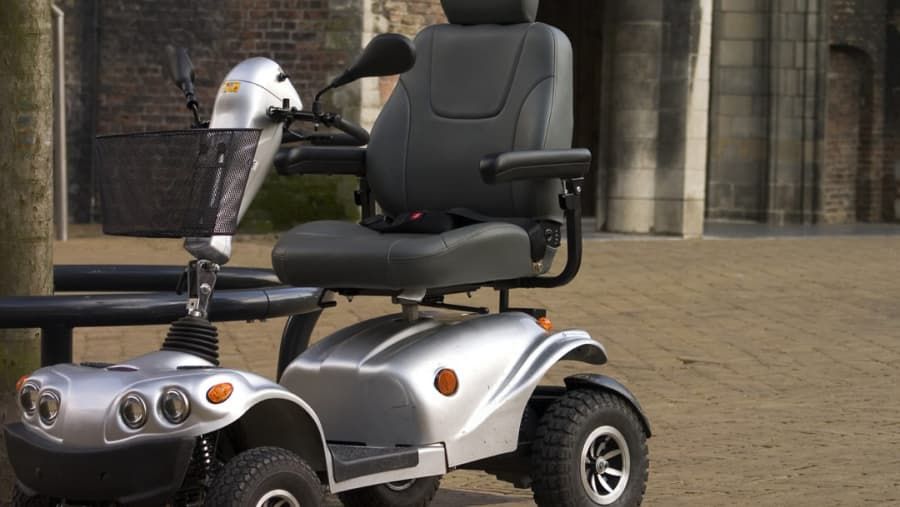Choosing the Right Laptop: Key Considerations and Buying Advice
Nowadays, owning a laptop has become more of a necessity than a luxury. Explore the following guide which covers the key factors to consider and provides tips for selecting the best laptop for your needs and budget.

Define Your Needs:
Before diving into the market, take the time to assess your specific needs. Consider the tasks you’ll be performing regularly and the software requirements for those activities. Understanding your needs will guide you towards a laptop that aligns with your usage patterns and preferences. Think about how you plan to use your laptop. Will you be using it for work, school, entertainment, or a mix of all three? If it’s for work, what applications and programs will you need to run? For school, consider the coursework and software required by your classes. For entertainment, think about the types of games, movies, or other media you'll use your laptop for. Making a list of your anticipated usage needs will help narrow your options.
Consider Portability V.S. Performance:
Laptops come in various sizes and configurations, so it’s crucial to strike a balance between portability and performance. If you need a laptop primarily for on-the-go use, opt for a lightweight and compact model. Look at 11-13 inch laptops that weigh under 3 pounds if maximum portability is your top concern. However, if performance is a priority for tasks like video editing or gaming, choose a laptop with a powerful processor and dedicated graphics. 15-17 inch laptops tend to offer the best combination of screen size, components, and computing power. Consider how often you’ll be traveling with your laptop and your need for processing power and visual performance to find the right balance.
Check Battery Life:
The longevity of a laptop’s battery is a critical factor, especially for those who are frequently on the move. Look for a laptop with a battery that can last through your typical workday or study session. Consider the type of tasks you’ll be performing and choose a laptop with a battery life that accommodates your usage patterns. Laptops used primarily for web browsing and simple tasks can get by with 6-8 hours of battery life. If you’ll be doing more intensive work like editing photos and video, look for 10+ hours of runtime. Gaming laptops have notoriously poor battery life, so you may need to stay plugged in while playing games. Checking reviews for real-world battery test results is wise.
Evaluate Storage and Memory:
Assess the storage and memory requirements based on your usage. If you work with large files or multimedia content, opt for a laptop with ample storage space. Additionally, consider the RAM size, as it directly impacts the device’s multitasking capabilities. Striking the right balance between storage and memory ensures smooth performance. For general use, 8GB of RAM and 256GB of storage is sufficient. Power users and gamers may want 16GB+ RAM and 512GB+ SSD storage. Upgrading internal components later can be difficult or impossible on some laptops, so get what you need upfront.
Research Brands and Reviews:
Before making a final decision, research laptop brands and read user reviews. Pay attention to factors such as build quality, customer support, and the reputation of the manufacturer. This information can provide valuable insights into the reliability and longevity of the laptop you are considering. Look at laptops from established brands like Dell, HP, Lenovo, Acer, and Asus. Check forums and communities like Reddit to see real customer experiences and opinions about a model’s durability. Support options may also differ between brands, so check warranties, tech support offerings, and repair services as well.
In conclusion, owning a laptop has evolved from a luxury to a necessity in our interconnected world. The versatility and convenience offered by laptops make them indispensable for various aspects of our personal and professional lives. By following informed buying advice, individuals can make smart choices that align with their needs and ensure a seamless computing experience. Carefully reflect on your usage needs, research the available options, and strike the right balance between performance, portability, and price to end up with the ideal laptop for your lifestyle. With so many choices on the market, taking the time to be an informed shopper will pay off in the long run with a purchase you’ll be happy with for years to come.
Guess you like
-

Cheap Mobility Scooters for US Seniors
-

Where to Find All-Inclusive Luxury Overwater Bungalows Without Straining Your Budget
-

How to Choose the Right Online Marketing Degree
-

Unlock Affordable High-Speed Internet for Businesses
-

Why We Need Cybersecurity Software to Protect Our Data
-

Heat Pumps: A Wise Choice for Heating Old Buildings?



